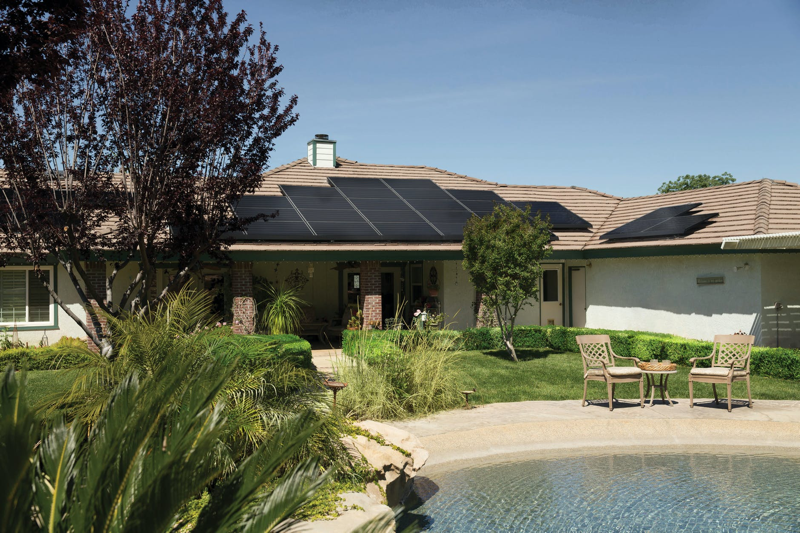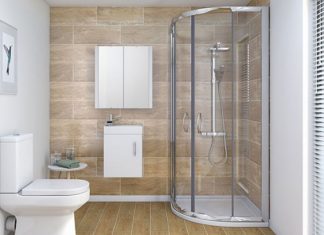Do you find yourself spending too much on your monthly bills? Do you want to lower the costs of running your home but don’t know how?
As many new homeowners soon realize, running a home can be expensive. The cost of electricity, water, and gas to heat the house all contribute to high monthly bills. In addition, repairs and upgrades often need to be made as time goes on.
To lower the cost of running a home, first find out what you’re spending money on. An audit will give you a clear picture of the action to take. Here are some suggestions.
Take Charge of Your Energy Consumption
Faulty, old, and poorly maintained appliances consume more energy to function than new ones do. Understand how the different devices work and take care of issues fast.
Follow the recommended maintenance schedule and liaise with a reputable electrician in Westwood, MA, or one near you for repair or advice on keeping your appliances in good shape.
Additionally, use a home energy saver tool to see how much energy your home uses. Other steps to take include using energy-efficient light bulbs, running dishwashers and clothes washers only when they are full, and remembering to turn off the lights when not in use or setting a timer.
You may also opt for a solar system which can drastically reduce your energy consumption bill. Solar energy is also environmentally friendly. You’ll be doing your part in promoting a greener ecosystem.
Don’t Leave Appliances on StandBy
Leaving appliances on standby can escalate your energy consumption per year. Turn off televisions, microwaves, lamps, and any other device when not in use. You’ll save energy and money by doing so. If possible, unplug the appliances to avoid idle power consumption.
Buy Energy-Efficient Appliances
Purchase appliances that are Energy Star compliant for homes or purchase appliances with an eco sticker on them, saving energy costs over time. Energy star-rated devices use up to 50% less energy than older options.
Note that all home appliances use at least 20% of a home’s generated energy. Choosing energy star devices lowers the power bill and carbon footprint.
Also, change appliances when they’re more than 10 years old. They tend to be less efficient, consume more power and break down more often.
Invest in Quality Insulation
Insulating your home, especially the attic and the exterior walls, is a great way to keep it at a more comfortable temperature. It will also save you money on heating and cooling bills as you cut down on your energy consumption.
Inspect all doors, windows, ducts, and pipes for any leaks or drafts that need to be sealed up, reducing your home’s wasted energy and saving money. Also, insulate the water heater or opt for a tankless one.
Purchase a Programmable Thermostat
To save even more money, purchase a programmable thermostat. Adjusting the home temperature can save money on heating and cooling bills when you are away or asleep. The best part is that it only takes a few minutes to set it up.
Take Care of Water Leaks
Water leaks and wastage accounts for about 30 gallons of water used every day. Ignoring leaks, even small ones, can lead to a high water bill. When checking your pipes, look for leaky joints and worn O-rings that could cause leaks.
Keep Everything in Excellent Condition
Take care of the roof, gutters, paint, and other parts of the home that could need repair. If a problem arises, contact a professional to take care of it as soon as possible. Additionally, invest in do-it-yourself home repair kits to attend to minor issues as they arise.
Besides this, cleaning the property, fixtures, and appliances will prolong their life. As a result, the cost of running a home will be lower over time.













